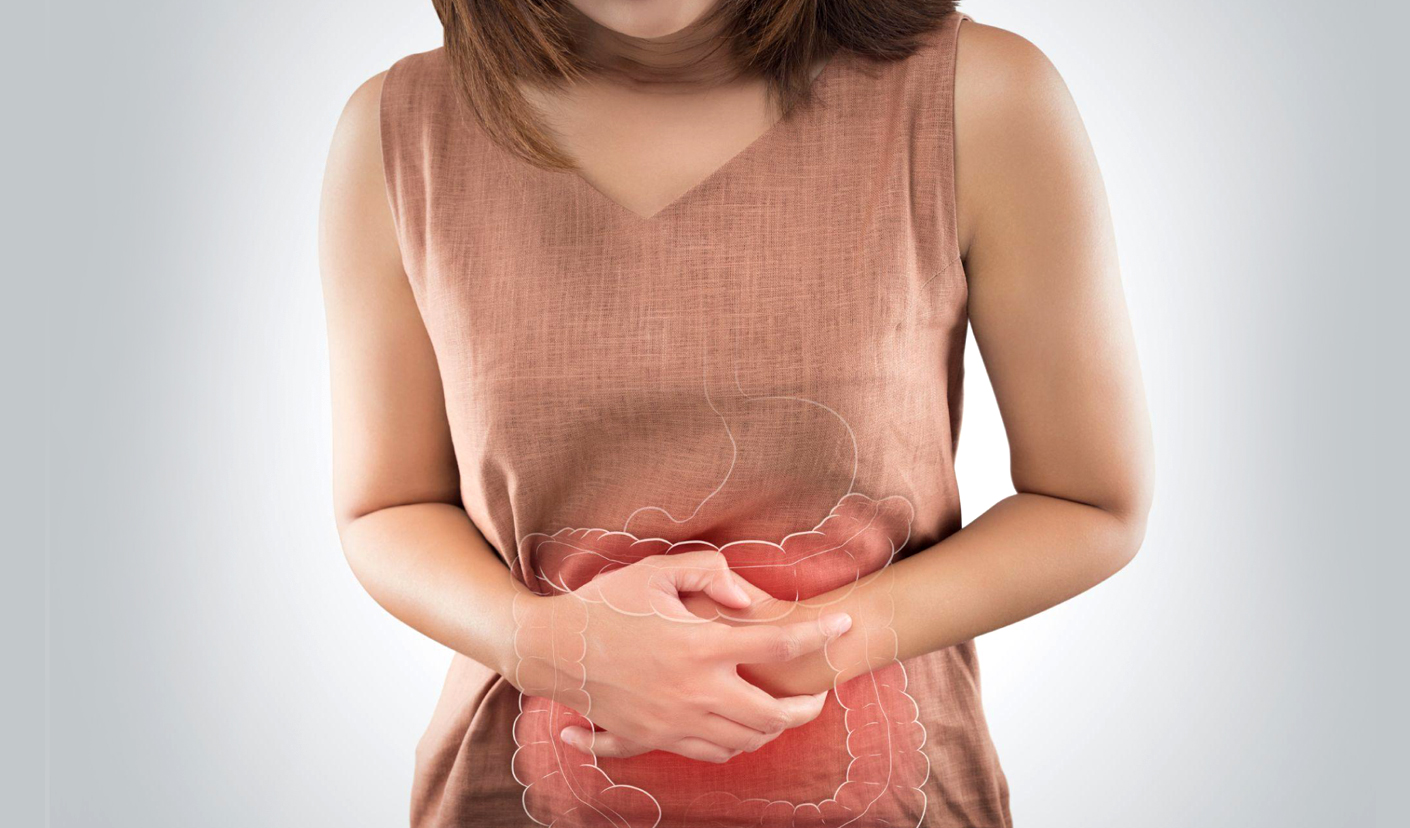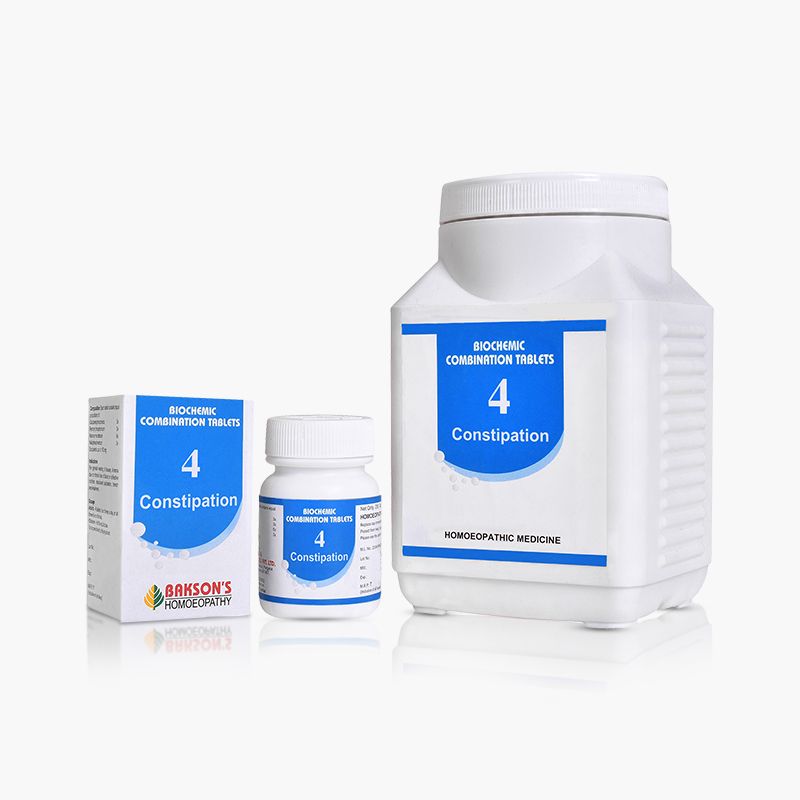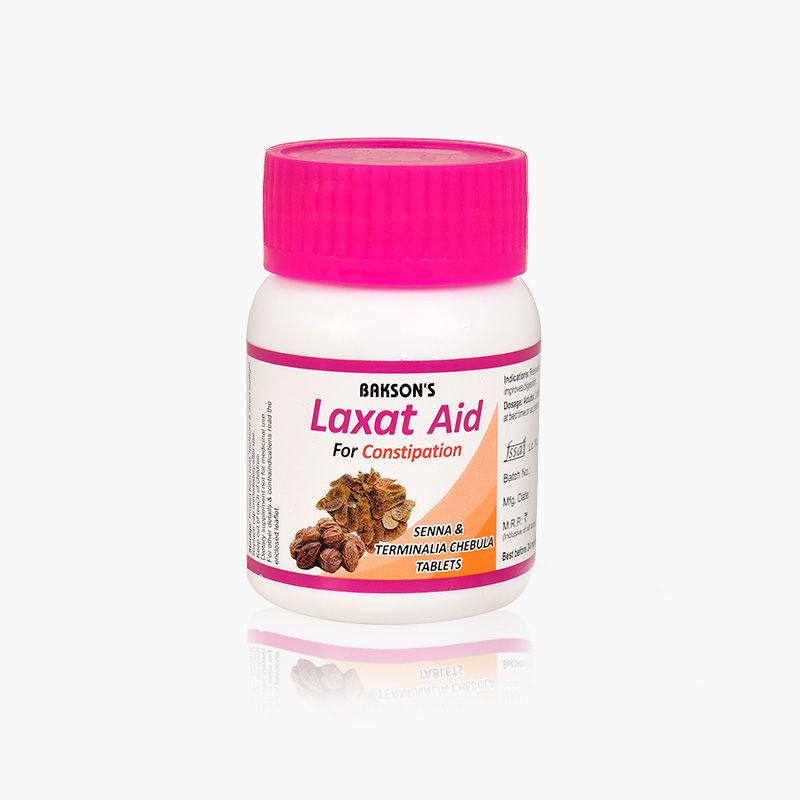We use cookies to make your experience better. To comply with the new e-Privacy directive, we need to ask for your consent to set the cookies. Learn more.
Effective tips for constipation relief during Navratri
It's that time of year yet again, when vivid puja pandals as well as colourful Garba nights draw large crowds of individuals from diverse walks of life to jointly celebrate the 9 days, or perhaps nights, of Navratri. The festival of Navratri is observed throughout India. It's a time for fasting, maintaining a healthy diet, and worship for 9 days of Navratri. The ritual fasts connected with these holidays are strictly for the body's purification, cleansing, or detoxification but might often lead to food cravings. In addition to increasing food cravings, fasting could also cause cortisol, the stress hormone, to rise. Fasting could be a more effective predictor of overeating. Let’s discuss the digestive issues you can face during fasting.
Digestive issues during fasting
People who are fasting during Navratri rise early, perform puja by the muhurat and then eat foods that have been permitted during fasting. But fasting can involve a variety of health hazards.
Dehydration is a typical side effect of fasting, partly because the body is not receiving any fluids from eating. Fasting days can be very difficult if you are accustomed to eating breakfast, lunch, dinner, plus snacks in between. Headaches could also result from dehydration, hunger, or perhaps an inadequate amount of sleep throughout a fasting period.
Although it's rare, diarrhea can occur when you're fasting. Food and water passing through the digestive tract too quickly is what causes diarrhea. You don't absorb the food's vitamins or energy since it goes through your system undigested. Having diarrhea or runny feces while fasting is not usual.
But nobody basically warns you about feces problems like constipation. Yes, fasting would be the major risk a person might face and occasionally leads to serious disturbances in bowel movements. The stool, which typically passes every 14 hours, becomes less often because of this.
What are the main causes of constipation?
What causes constipation? A low-fiber diet, frequently putting off the urge to urinate, not consuming enough water or a lack of physical activity are the apparent offenders. What's giving you stomach problems? Here are a few potential reasons for constipation that you might not have thought of.
- Fasting - Constipation results from fasting. Additionally, some people on the regimen claim to have had diarrhea. According to testimony and anecdotal findings, the eating plan seems to cause bowel movement issues, especially in the beginning. Experts who have remarked on the subject claim that fecal difficulties are some of the shifts the body experiences when it adjusts to fasting. The body will need to adapt to the new pattern of food intake since the diet revolves around restricting food intake during specific times.
- Awake until late at night - People stay up late during Navratri to participate in social events. Constipation might result from poor digestion caused by staying up too late.
- Excessive dairy products - Your digestion could be slowed down by consuming lots of cheese and other high-fat, low-fibre products like meat and eggs.
- Overeating a meal all at once - If one eats a larger meal all at once, the entire purpose of fasting is undermined. Don't consume too much, especially fried or sugar-rich foods. You might undergo nausea and stomach bloat because of it.
Symptoms of constipation
Bowel patterns vary from one person to another. While a few people visit the restroom 3 times a day, some only do so once a week. Nevertheless, let’s look at what are the symptoms of constipation in adults
- Passing lumpy, firm, or dry stools with less than 3 bowel motions per week
- Discomfort or straining during bowel motions
- The sensation of fullness that persists even after making a bowel movement
Get medical help if symptoms persist or if you observe any of the following:
- Rectal bleeding
- Blood in the stools
- Ongoing abdomen pain
- Lower backache
- The sensation that there is trapped gas
- Nausea
- Fever
- Unexpected weight loss
- An abrupt alteration in bowel habits
Tips for avoiding constipation during Navratri
Here are a few tips for constipation along with home remedies for constipation immediate relief
- Drink more lemonade or other liquids - During the fast, consume more plain water. One should also sip on liquids like buttermilk, coconut water, as well as lemonade. It'll also calm your belly and there won't be any problem with constipation. Additionally, it raises your body's electrolyte levels, which may help you maintain constant energy.
- Limit your consumption of tea and coffee - When fasting, there are many rules to adhere to. Some people solely eat fruits, while others consume coffee and tea to combat drowsiness. Both coffee and tea contain caffeine, which can cause stomach issues. In case you drink more of them, constipation is normal. It is preferable to consume less tea and coffee while fasting.
- Consistently space fruits and vegetables apart - Consuming a large amount of food frequently can lead to constipation. Giving your stomach sufficient time to digest is crucial. So, if you're hungry, limit yourself to a few nibbles or pieces of fruit. Long periods of hunger might also result in acidity issues. Therefore, split your fruits and veggies out properly.
But is that all? How to get relief from constipation? Let’s take a look at the most effective medicines you can use for Constipation during Navratri when instant constipation relief home remedies don’t work!
Best homeopathic medicines for digestion and constipation
The BCT # 4 is hands down the best medicine for Constipation. This homeopathic medication works best when used to treat persistent constipation. It relieves constipation causing dry, hard stools and functional bowel issues with bad breath. There are no known side effects of it and adults can consume it 4 times a day or at a 3 hours interval whereas children can be given half the adult dose. The Laxat Aid Tablets for Constipation work best for relieving constipation, regulating bowels and improving digestion. Adults can consume 2 tablets at bedtime while children can consume 1 tablet at bedtime or as per the Dietician’s prescription. The Nux Vomica 30 works wonders on Constipation just like BCT # 4 and Laxat Aid Tablets.
Constipation as well as other digestive issues are influenced by a number of variables. Knowing what causes it is essential to avoid the problem of constipation by making simple adjustments. Intake of the best medicines for Constipation is vital like Laxat Aid Tablets, Nux Vomica 30, BCT # 4, etc. Head onto our ailment page to know more about constipation and the homeopathic medicine for digestion and constipation you can use this Navratri season.












